


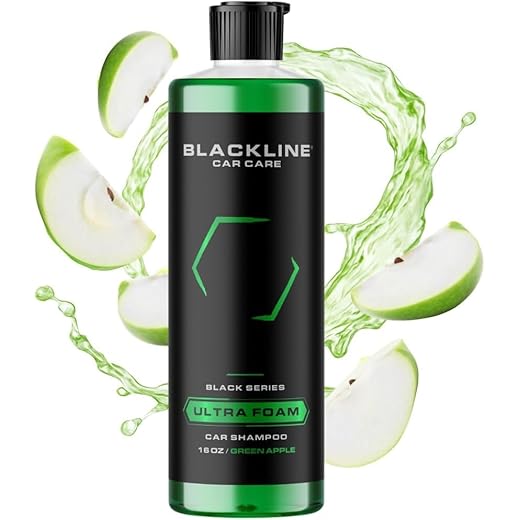
For optimum results with your high-pressure device, select a detergent specifically formulated for such equipment. Look for biodegradable options that efficiently break down dirt, grease, and grime without harming surfaces or the environment. Avoid standard dish soaps, as they often create excess foam, leading to potential clogs and damage.
Concentrated cleaners available on the market offer excellent potency and can be diluted with water for extended use. Brands like Kärcher and Sun Joe provide a variety of effective formulas tailored for different surfaces–be it concrete, wood, or vehicles. Always read labels to ensure compatibility with your particular machinery.
Consider using products containing surfactants and encapsulation technology, which enhance cleaning power while preventing streaks or residue. Remember to adhere to the manufacturer’s guidelines on dilution ratios and recommended types to maintain the integrity and lifespan of your equipment.
Choosing the Right Detergent for High-Pressure Cleaners
For effective cleaning, opt for formulations specifically designed for high-powered units. Look for biodegradable options that prevent environmental harm while delivering results. Brands like Karcher and Simpson offer compatible solutions that safely cut through grime.
Car washing cleaners are great for automotive surfaces, while deck and patio cleaners effectively remove mildew and algae from outdoor spaces. For removing tough stains on concrete, use heavy-duty degreasers formulated for outdoor applications. Ensure compatibility with your device by checking the manufacturer’s recommendations.
Avoid products containing bleach or ammonia, as they can damage your equipment and surrounding surfaces. Always dilute concentrated cleaners according to package instructions for optimal performance and safety.
When mixing solutions, use a separate container to avoid unintended chemical reactions. Remember to rinse your machine thoroughly after use to ensure longevity and sustained cleaning power. Adhering to these guidelines will enhance your cleaning experience and maintain equipment integrity.
Choosing the Right Soap for Different Surfaces
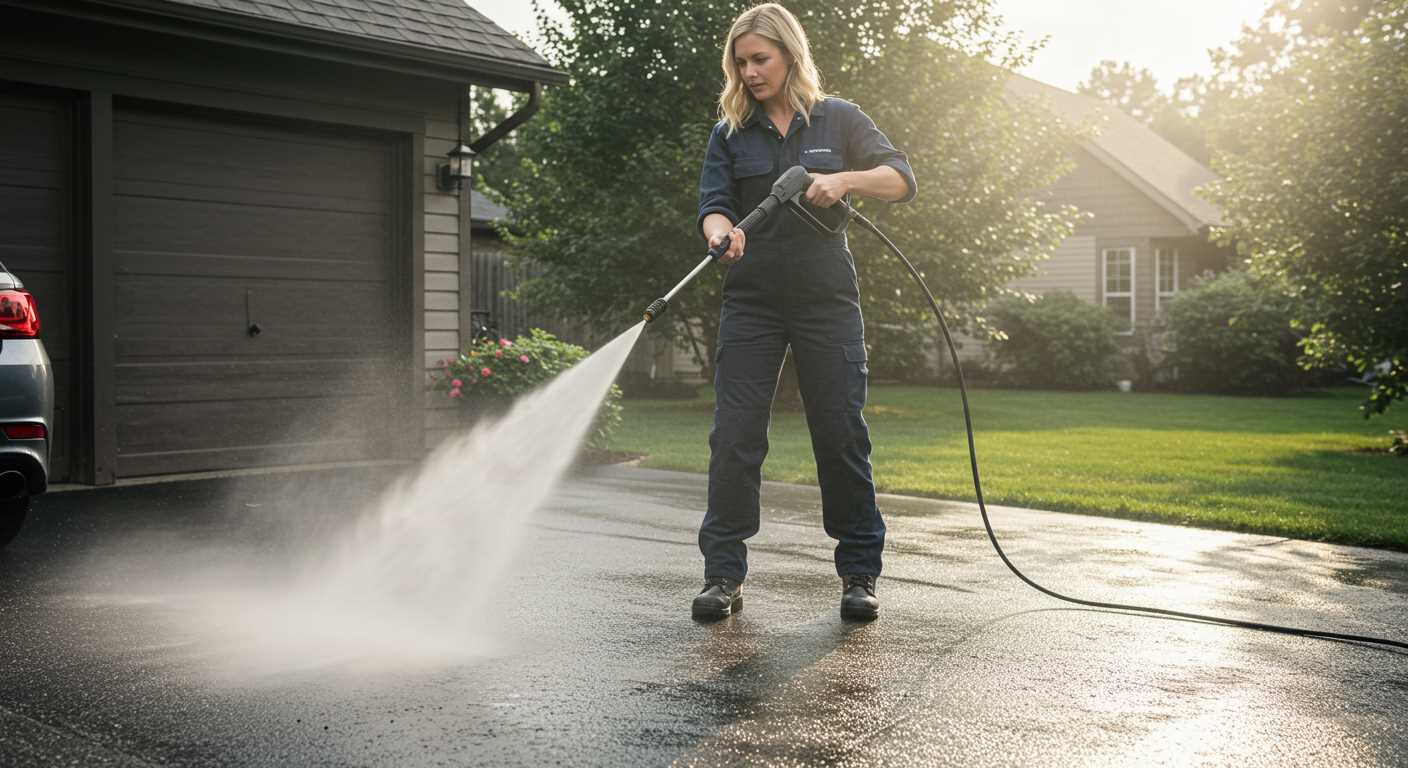
For metal surfaces, a degreaser formulated for automotive use works wonders. It efficiently removes grime and oil without causing damage. I recommend a 10:1 dilution for optimal results.
Wood surfaces, often requiring a gentler touch, benefit from a biodegradable cleaner. These products lift dirt while safeguarding the integrity of the wood. Opt for a mix of 20:1, enhancing cleaning without causing harm.
When dealing with concrete, a heavy-duty cleaner designed for outdoor applications is key. Look for formulations containing sodium hydroxide, which effectively breaks down tough stains. A direct application without dilution often yields the best outcome.
For glass, use a specific window cleaning agent that does not leave streaks. This helps maintain clarity while avoiding residue buildup. Following the manufacturer’s instructions for dilution promotes superior results.
| Surface Type | Recommended Cleaner | Mix Ratio |
|---|---|---|
| Metal | Automotive Degreaser | 10:1 |
| Wood | Biodegradable Cleaner | 20:1 |
| Concrete | Heavy-duty Outdoor Cleaner | Undiluted |
| Glass | Window Cleaning Agent | Follow Manufacturer’s Instructions |
Choosing the right formulation for each type of surface ensures effectiveness and longevity, while protecting your investments. Always follow guidelines for application to achieve the best results.
Understanding Detergent Types Compatible with Pressure Washers
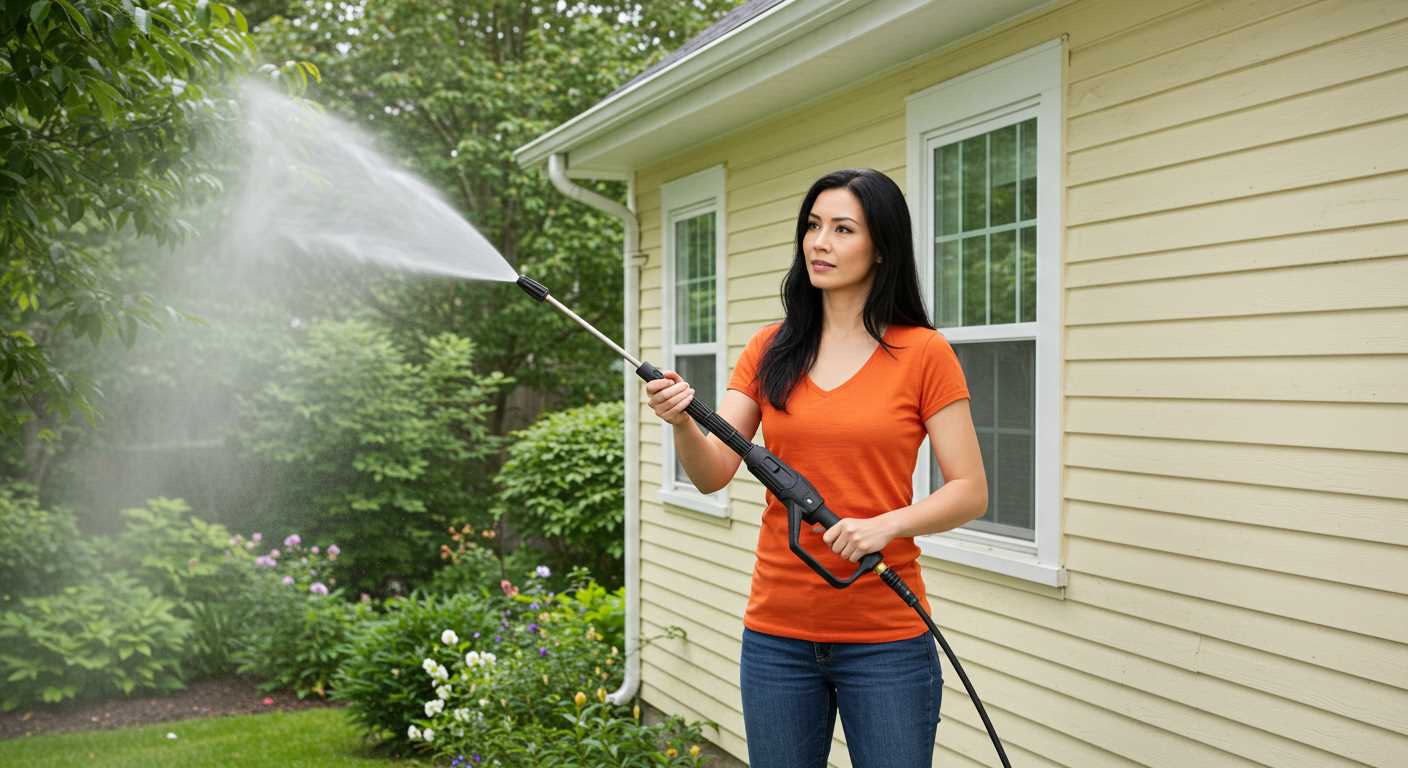
For optimal cleanliness, select a product formulated specifically for high-pressure systems. These are often labelled as “pressure washer detergents” and are designed to work safely with the technology, ensuring no harm comes to the unit’s internals. Avoid using regular household cleaners, as they might create excessive foam or residue that clogs the system.
Types of Detergents
There are various formulations, including biodegradable options, which are environmentally friendly. These formulations break down naturally, reducing the impact on the ecosystem. Alkaline-based detergents effectively remove grease and organic materials, while acidic solutions target mineral deposits and rust. Choose based on the specific challenge you face.
Compatibility and Performance
Check the compatibility of the chosen cleaner with hose and nozzle configurations. Some units require a special attachment for applying detergents, so adhere to manufacturer guidelines. Testing the product on a small area before full application can help assess effectiveness without risking damage to surfaces. Always follow dilution instructions for the best results.
How to Dilute Soap for Safe Use in Pressure Washers
For optimal results, a dilution ratio of approximately 1 part concentrate to 10 parts water is typically recommended. This ensures compatibility with equipment while maintaining cleaning efficiency.
Always consult the manufacturer’s guidelines on the specific formulation you are using, as different brands may require adjustments to this ratio. Measuring cups or mixing containers with clear markings can aid in accuracy.
Mix the solution in a bucket before transferring it to the detergent tank of the device. This approach helps prevent clogs and ensures the mixture is well-integrated.
When ready to apply, start at a lower setting to test the dilution’s effectiveness on a small area. This will allow for adjustments in concentration if necessary. For particularly stubborn stains, it may be prudent to gradually increase strength.
After application, thoroughly rinse the surface with clean water to remove any residual concentrate. This step is essential to prevent potential damage to surfaces or vegetation nearby.
Homemade Soap Solutions: What Ingredients are Safe?
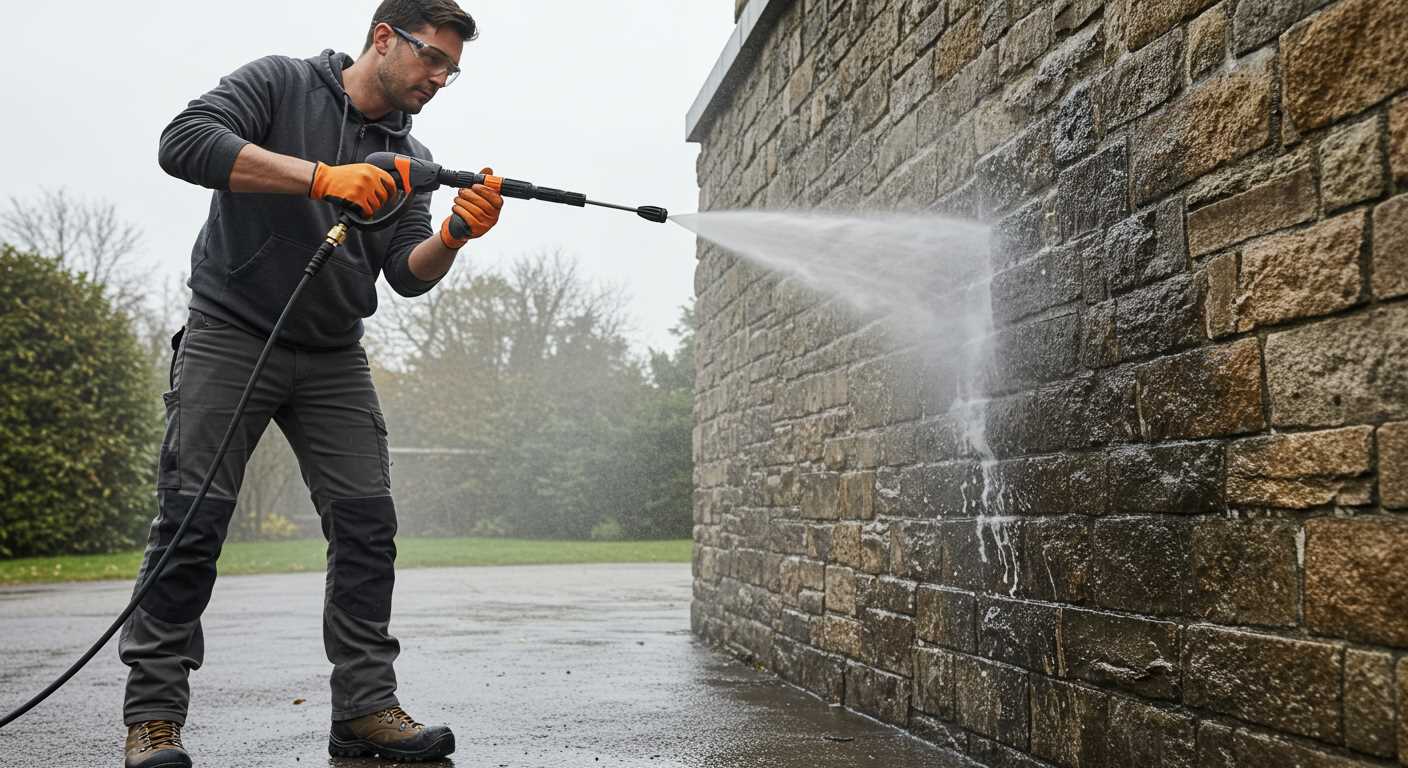
For optimal results while cleaning with a high-powered unit, consider using a blend of natural ingredients. Castile soap stands out as a top choice due to its biodegradable properties and mildness, making it suitable for various surfaces without causing harm.
Additives like white vinegar can enhance the cleaning action of your mixture. The acetic acid in vinegar breaks down stubborn stains and grime effectively. Combine it with baking soda for tougher jobs; this duo can create a foaming action that lifts dirt effortlessly.
Use hydrogen peroxide as a natural disinfectant. Diluting it in your homemade mixture ensures safe application on driveways or patios, leaving surfaces sanitized without harsh chemicals. A 3% concentration is sufficient for most cleaning tasks.
Essential oils not only add a pleasant fragrance but can also provide antibacterial properties. Options like tea tree or lavender oil are ideal for creating a refreshing aroma as you clean.
Always remember to test your homemade concoction on a small, inconspicuous area before full application. This ensures compatibility with the surface and prevents potential damage. Keep your blend free from harsh acids or petroleum-based products to maintain the integrity of your cleaning device and surfaces alike.
Commercial Soaps: Top Brands Recommended for Pressure Washing
Based on extensive hands-on experience, several brands stand out in the arena of professional-grade cleaning agents compatible with high-powered cleaning machines. These are specifically formulated to tackle tough stains and grime effectively.
1. Krud Kutter
Renowned for its versatility, Krud Kutter offers a range of formulations including biodegradable options ideal for various surfaces such as concrete and wood. The Original Concentrated Cleaner is particularly effective at breaking down oily residues.
2. Simple Green
This brand is trusted for its environmentally friendly approach. Simple Green All-Purpose Cleaner is a perfect choice for those prioritising sustainability without sacrificing cleaning power. It works well on vehicles, driveways, and patios.
3. Zep
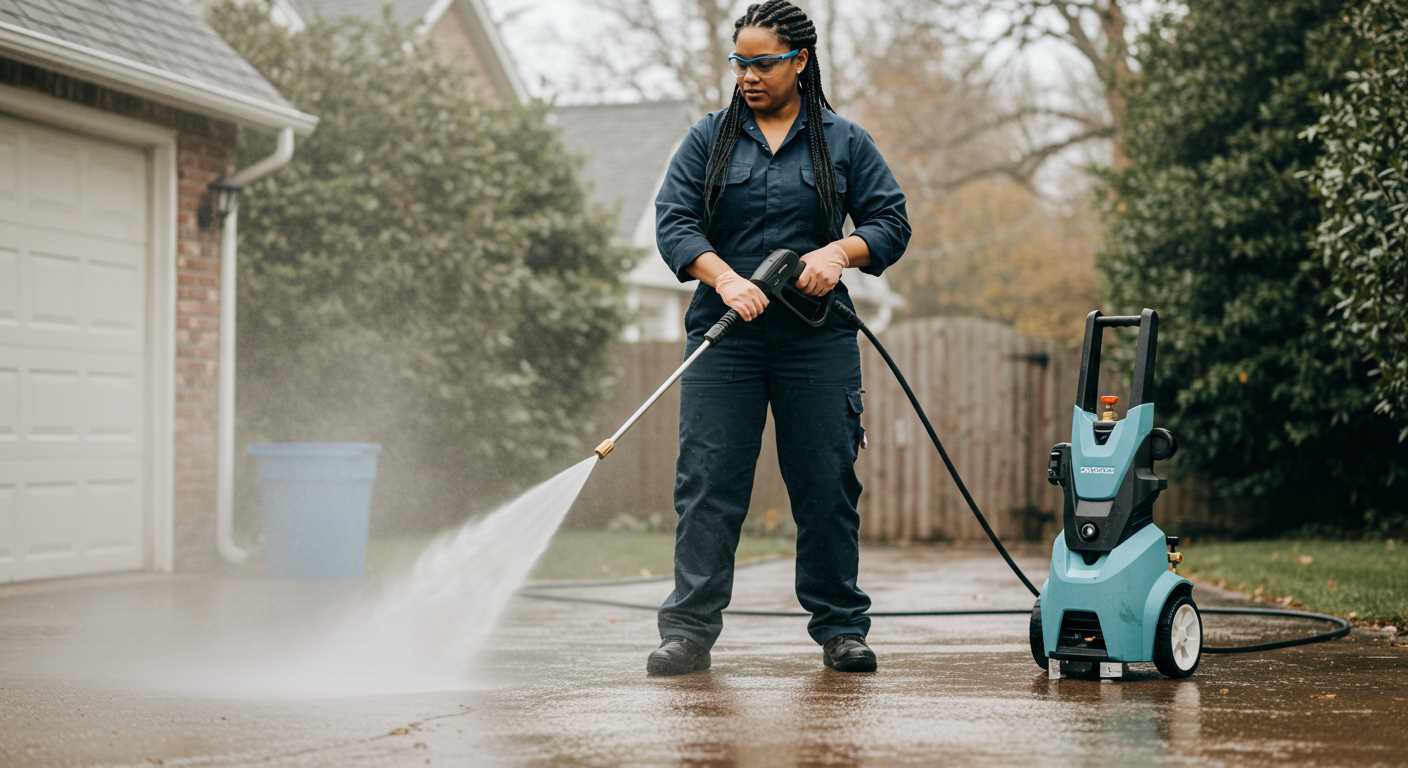
Zep is synonymous with commercial cleaning. The Zep Heavy-Duty Citrus Degreaser excels in cutting through grease and grime, making it suitable for industrial environments or heavy machinery. It’s tough on stains but gentle on surfaces.
4. PWS Chemicals
Specialised products from PWS Chemicals cater to a variety of needs. The Fleetwash range is effective in removing road grime from commercial vehicles, while the Housewash product is excellent for rejuvenating home exteriors.
5. Earth Friendly Products
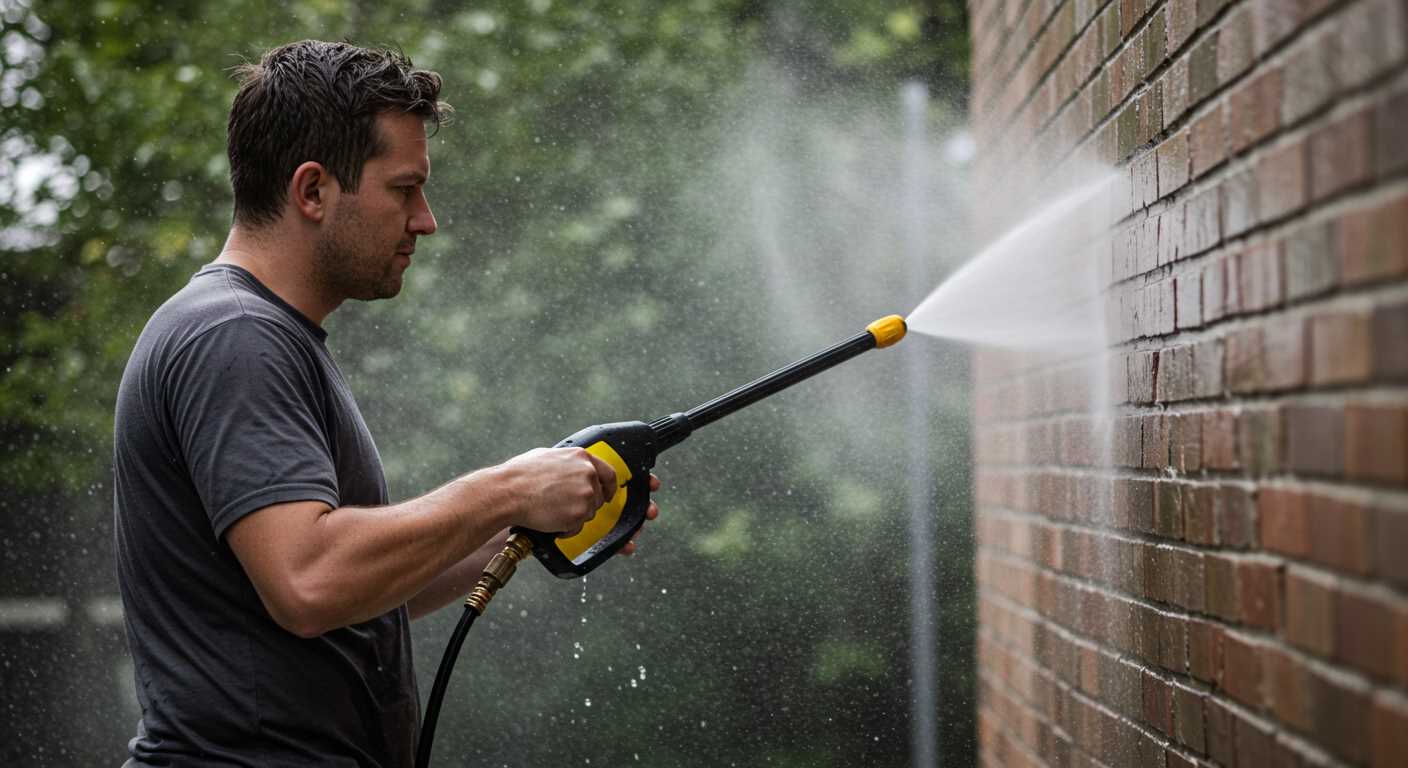
This brand prioritises sustainability without forfeiting effectiveness. Their Gardenia and Citrus cleaners offer powerful stain removal while being safe for both the environment and user.
6. Bissell Professional Power Shot
This option is designed for upholstery and fabric, providing a solid choice for cleaning furniture and carpets. It’s particularly useful for cleaning areas that require finesse alongside deep cleaning.
7. Waxoyl
Famed for its corrosion prevention, Waxoyl’s cleaning sprays are ideal for metal surfaces and vehicles, providing both cleaning and protective properties that prevent future grime build-up.
Recommendations for Application
- Always follow manufacturer instructions for dilution and application.
- Test on a small area before applying to large surfaces to avoid potential damage.
- Use warm water if specified, as this often enhances the effectiveness of the agents.
Choosing the right cleaning agent from these reputable brands can significantly impact the efficiency and outcome of cleaning tasks. Each option is suitable for various conditions, allowing for tailored solutions depending on the surface type and grime level.
Common Mistakes to Avoid When Using Soap in Pressure Washers
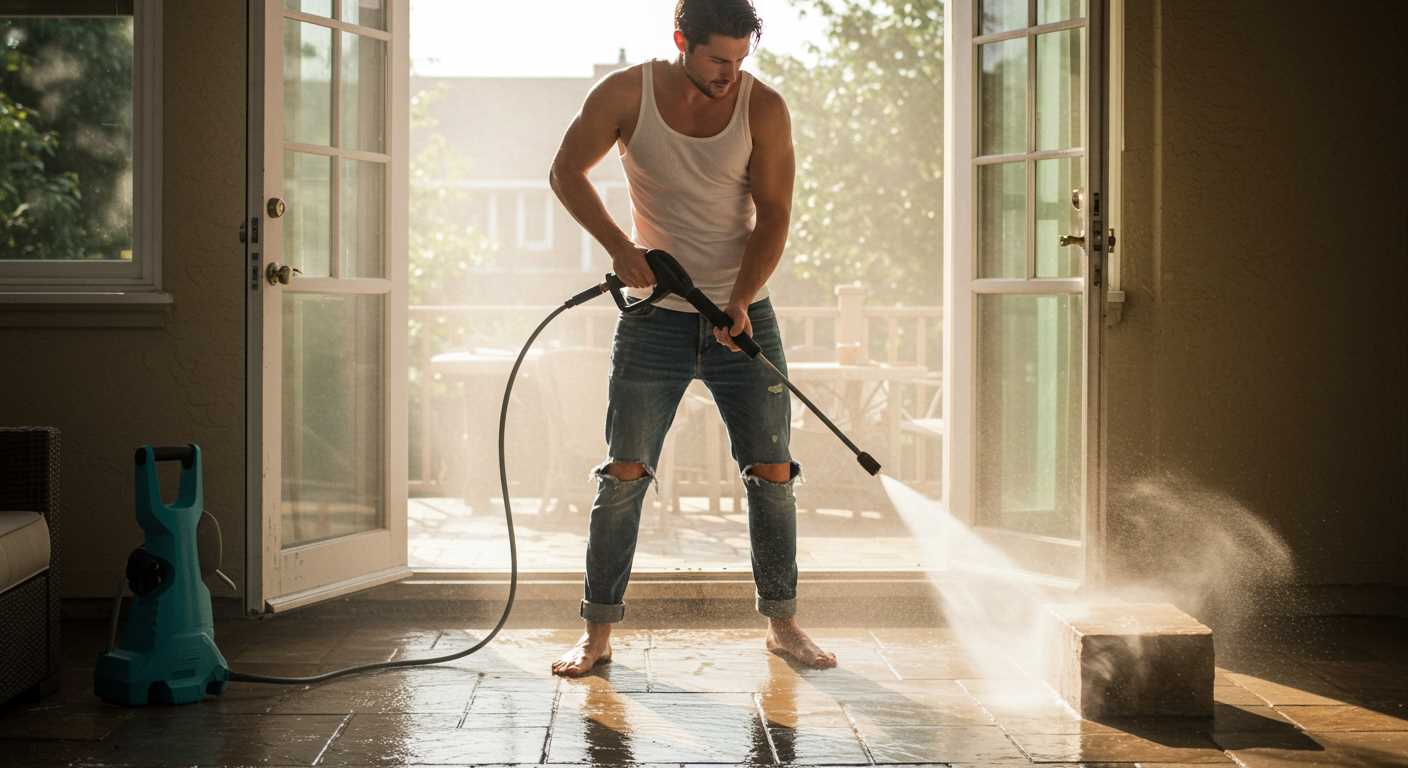
Using the incorrect cleaning agent can lead to damage or inefficiency. Here are key pitfalls I’ve encountered:
- Neglecting Manufacturer Guidelines: Always consult the user manual before choosing a cleaning solution. Using incompatible agents can void warranties and damage components.
- Skipping Dilution: Many individuals use products at full concentration, risking surface damage or inadequate rinsing. Always dilute as recommended on the label.
- Not Testing on a Small Area: Failing to test a cleaning agent on an inconspicuous area can result in unforeseen reactions, such as discolouration or surface degradation.
- Inconsistent Application: Applying cleaning solutions unevenly may result in streaks or missed spots. Ensure even coverage for optimal results.
- Ignoring Surface Compatibility: Using a formula designed for one surface type on another can cause serious issues. For example, harsh chemicals intended for concrete may damage wood or painted surfaces.
- Forgetting to Rinse Thoroughly: Residual cleaner can attract dirt or lead to streaking. Always follow up with a high-pressure rinse to remove any remnants.
- Using Excessive Pressure: Combining high-pressure settings with certain cleaning agents can cause damage. Lower the pressure when applying detergent to protect delicate surfaces.
- Mixing Different Brands: Using multiple products in an attempt to enhance cleaning can create harmful chemical reactions. Stick with one brand for best results.
Avoiding these mistakes will improve your cleaning outcomes and extend the lifespan of your cleaning equipment. Focus on using the right agent for the task at hand.










